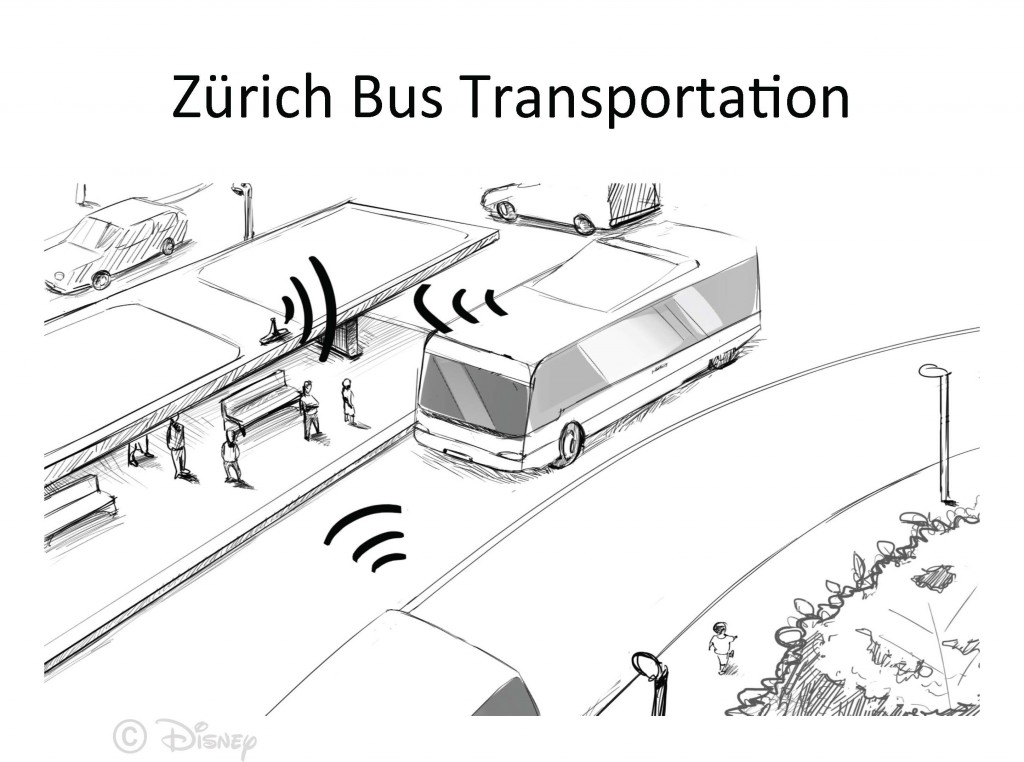Abstract

Delay-tolerant networks can complement cellular networks to address today’s growth in demand for wireless data. We are interested in delay-tolerant networks for reaching out into underserved regions in growing economies, when distributing media and videos from cities to rural areas. To transport the data into these regions, public transportation vehicles equipped with wireless infostations are used instead of a traditional cellular infrastructure. We focus on media distribution in support of entrepreneurs that operate mobile cinemas in rural villages. Temporal metrics of a public transportation network are determined, together with the overall value of exploiting the mobility of participating vehicles. A dense transportation network of Zurich (Switzerland), which is known to operate reliably, is analyzed for the purpose of benchmarking. Nodes are assumed to be bus stations that are temporarily in contact with each other when a bus travels between them. Our analysis provides guidelines to design and build a hierarchical topological structure of similar networks.
Copyright Notice
The documents contained in these directories are included by the contributing authors as a means to ensure timely dissemination of scholarly and technical work on a non-commercial basis. Copyright and all rights therein are maintained by the authors or by other copyright holders, notwithstanding that they have offered their works here electronically. It is understood that all persons copying this information will adhere to the terms and constraints invoked by each author’s copyright. These works may not be reposted without the explicit permission of the copyright holder.